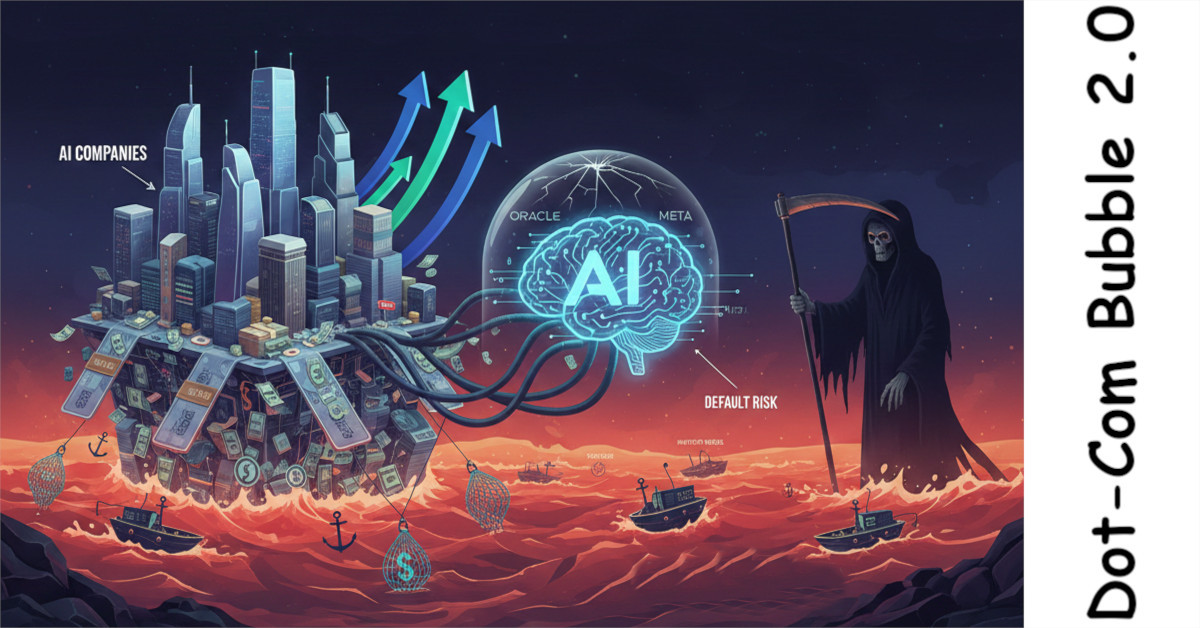Hey there!
So, word on the street is that the U.S. and Indonesia are gearing up to chat about boosting the trade of nickel, a crucial metal for electric vehicle (EV) batteries. Apparently, they`re aiming to strike up a mineral partnership.
Three savvy sources spilled the beans on this
The lowdown is that Indonesian President Joko Widodo is swinging by the White House for a talk with President Joe Biden on Monday. They`re looking to figure out the next steps that could lead to some formal negotiations on this minerals partnership.
There`s still some concern on the U.S. side about environmental and social standards in Indonesia. So, the Biden team is doing their due diligence, checking out how a deal could play out. They`re even planning to have a chinwag with lawmakers and labor groups in the coming weeks.
But hold your horses; there`s a bit of a road ahead before they can officially announce the start of negotiations. At least, that`s what one of the insiders spilled. No word from the White House, though - they are silent on this topic.
Now, Indonesia`s got the golden ticket when it comes to nickel, being the holder of the world`s biggest nickel ore reserves. They`re eager to jump on the electric vehicle bandwagon and want to develop a supply chain for EVs using their massive nickel reserves.
The Biden team, led by U.S. Trade Representative Katherine Tai, is hashing out the details. They want to make sure that if the U.S. is getting nickel from Indonesia, it`s done in an environmentally friendly way. You know, keeping things green. Which is somewhat funny
But here`s the thing - Indonesia`s nickel mining has had a bit of a bad rep, accused of causing deforestation and water pollution. The Biden crew is definitely keeping that in mind.
On the U.S. side, there are some rules in play. If a certain amount of critical minerals in EV batteries aren`t produced in North America or a free trade partner, those EVs aren`t eligible for tax credits.
And guess what?
Indonesia doesn`t have a free trade deal with the U.S. So, they`re figuring out how to work around that.
Oh, and did you know the U.S. is a bit behind on the nickel game?
The only nickel mine in the country is set to close soon, and there`s no nickel smelter. That`s a bit of a snag in Biden`s plan for the U.S. to be a leader in EV manufacturing.
They did throw some money, nearly $115 million, at Talon Metals for a nickel processing plant in North Dakota. That plant is set to supply Tesla. But Talon`s got its own hurdles, facing opposition for its proposed Minnesota nickel mine.
So, the plot thickens, my friend. The global nickel market is valued at a whopping $33.5 billion, but it`s a bit oversupplied.
There are also a number of reasons why the US nickel mine is set to close in a few years.
- Declining ore grades. The mine is located in the Sudbury Basin, which is one of the world`s largest nickel deposits. However, the ore grades at the mine have been declining over time, making it more expensive to extract the nickel.
- Rising costs. The cost of mining nickel has been rising in recent years, due to factors such as increasing energy prices and labor costs. This has made the US nickel mine less competitive.
- Competition from foreign mines. There are a number of large nickel mines in other countries, such as Russia, Indonesia, and Australia. These mines have lower costs and higher ore grades than the US nickel mine, making them more competitive.
There are some ecological reasons for the closure of the US nickel mine.
- Acid mine drainage (AMD). AMD is a serious environmental problem associated with nickel mining. It occurs when water comes into contact with exposed rock and minerals, which can release sulfuric acid and other contaminants into the environment. AMD can pollute streams, rivers, and lakes, and can also damage aquatic life.
- Tailings dams. Nickel mining produces a large amount of waste material, known as tailings. Tailings are typically stored in dams, but these dams can rupture, releasing tailings into the environment. Tailings can pollute water and soil, and can also smother vegetation.
- Air pollution. Nickel mining can also produce air pollution, in the form of dust and emissions from mining equipment. Air pollution can damage human health and the environment.
The US nickel mine has taken steps to mitigate these ecological impacts, such as building tailings dams and installing air pollution control equipment.
However, these measures are not always effective, and the mine has been cited for environmental violations in the past.
The ecological impacts of nickel mining are a major concern for many people. Some people believe that the environmental risks outweigh the economic benefits of nickel mining, and that the US nickel mine should be closed. Others believe that the mine can be operated in a more sustainable way, and that it should be kept open.
The closure of the US nickel mine will reduce the ecological impacts of nickel mining in the United States. However, it will also make the US more dependent on imports of nickel, which could lead to increased ecological impacts in other countries.
A potential deal to increase trade of nickel with Indonesia could affect Tesla`s price in a number of ways.
- Lower nickel costs. Nickel is a key component of lithium-ion batteries, which are used in Tesla`s electric vehicles. If the deal leads to lower nickel costs, it could make Tesla`s vehicles more affordable and therefore more attractive to consumers.
- Increased demand for Tesla vehicles. Increased trade of nickel with Indonesia could lead to increased demand for Tesla vehicles, as Indonesia is a major producer of nickel and a growing market for electric vehicles.
- Improved investor sentiment. A potential deal to increase trade of nickel with Indonesia could be seen as a positive sign for Tesla, as it would indicate that the company is able to secure the raw materials it needs to produce its vehicles. This could lead to increased investment in Tesla and a higher stock price.
- Geopolitical risks. Indonesia is a politically unstable country, and a potential deal to increase trade of nickel with Indonesia could expose Tesla to geopolitical risks. For example, if there is a political crisis in Indonesia, it could disrupt the supply of nickel and raise Tesla`s costs.
It is important to note that the deal has not yet been finalized, and it is unclear what the specific terms of the deal would be. The actual effects of the deal on Tesla`s price will depend on a number of factors, including the specific terms of the deal, the global nickel market, and the overall economic climate. So, let`s wait and see.


















